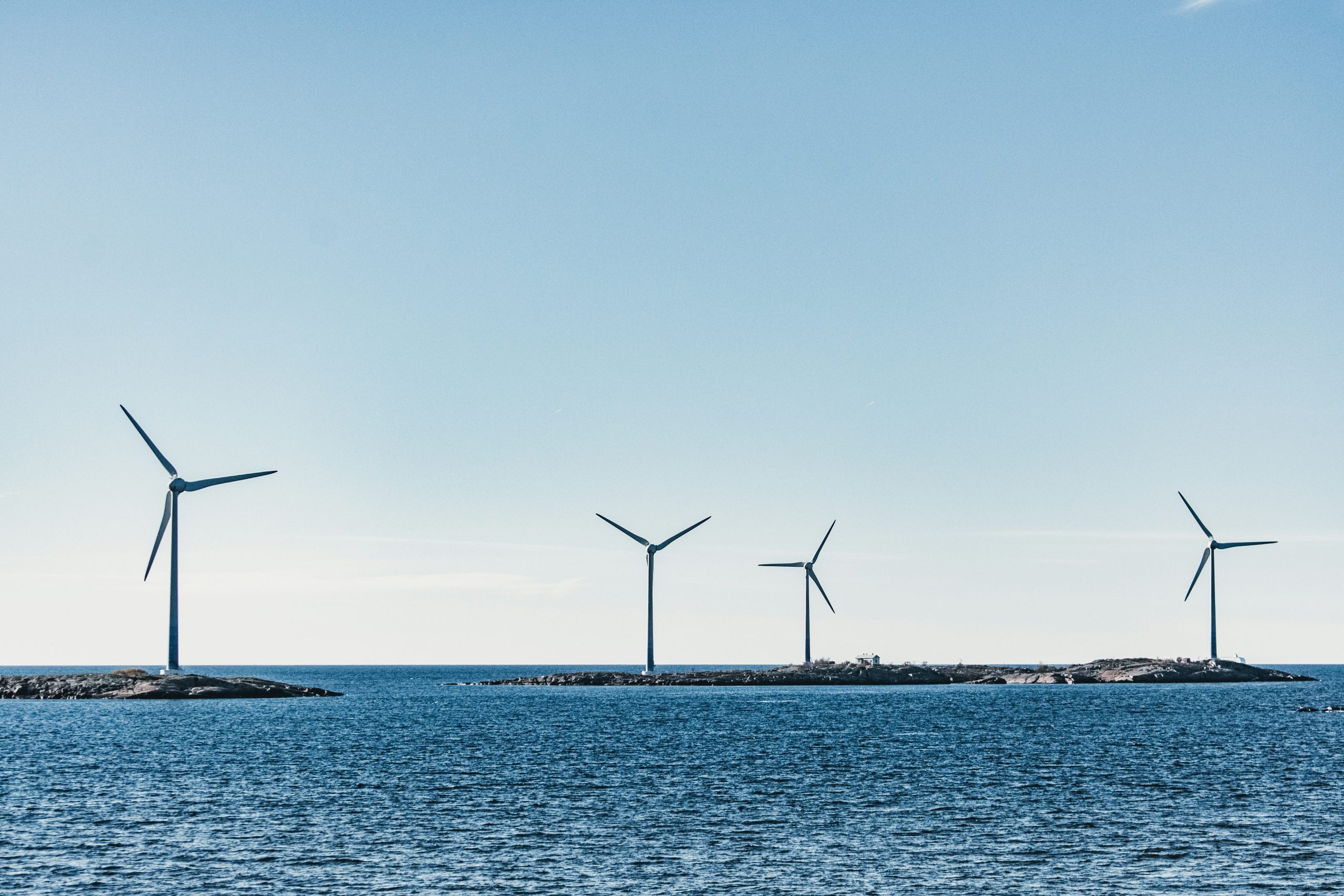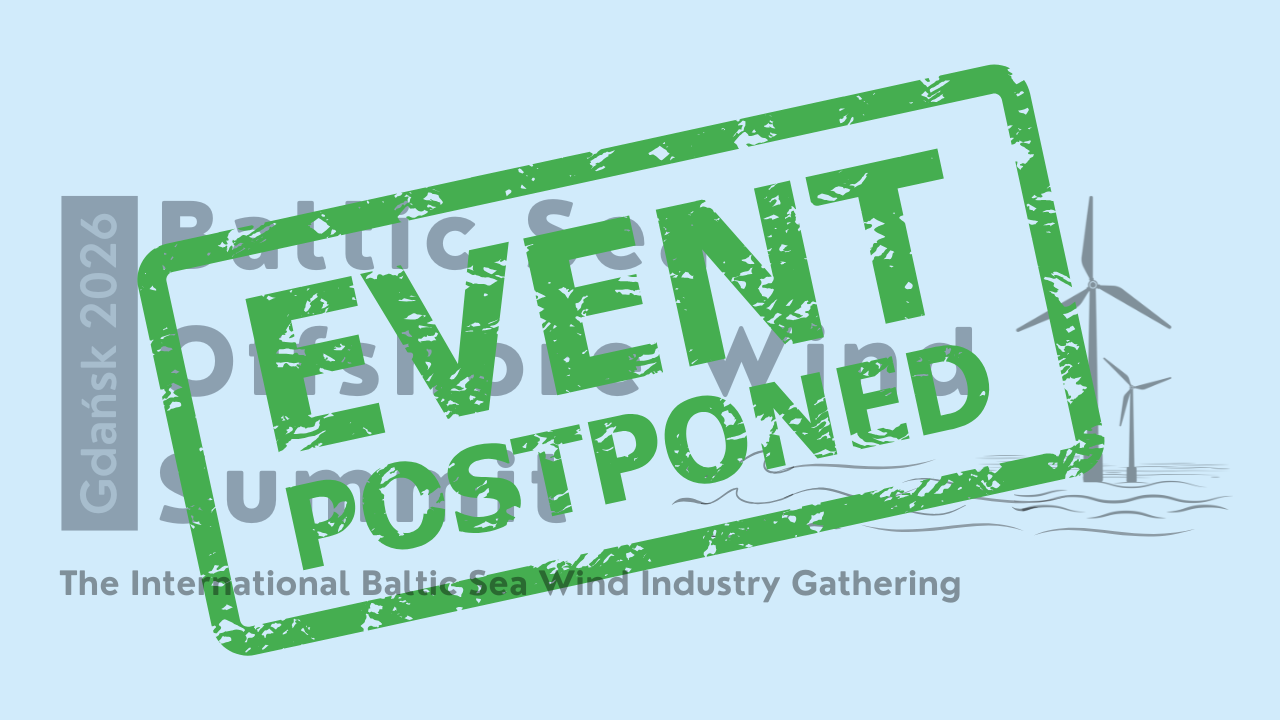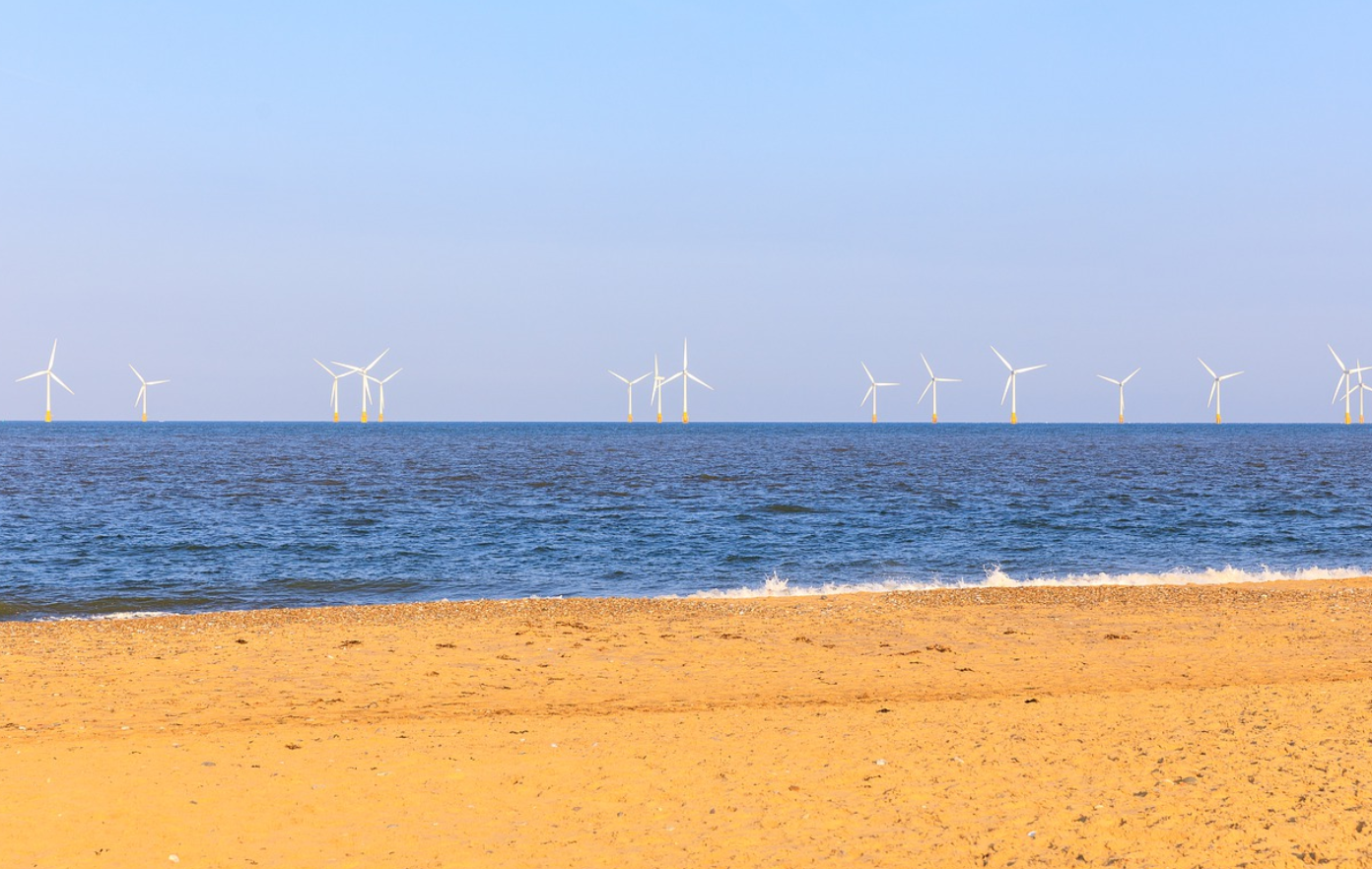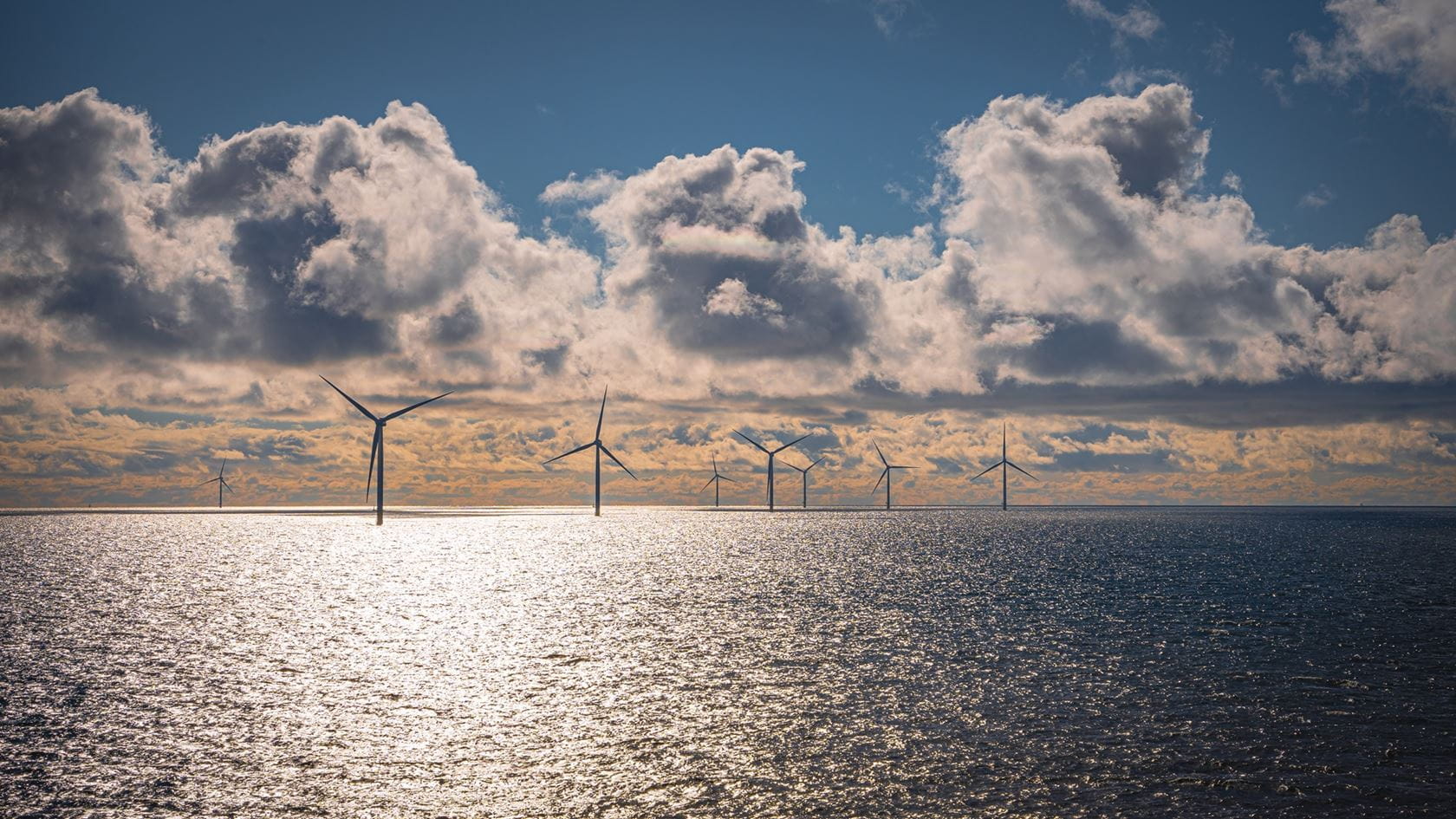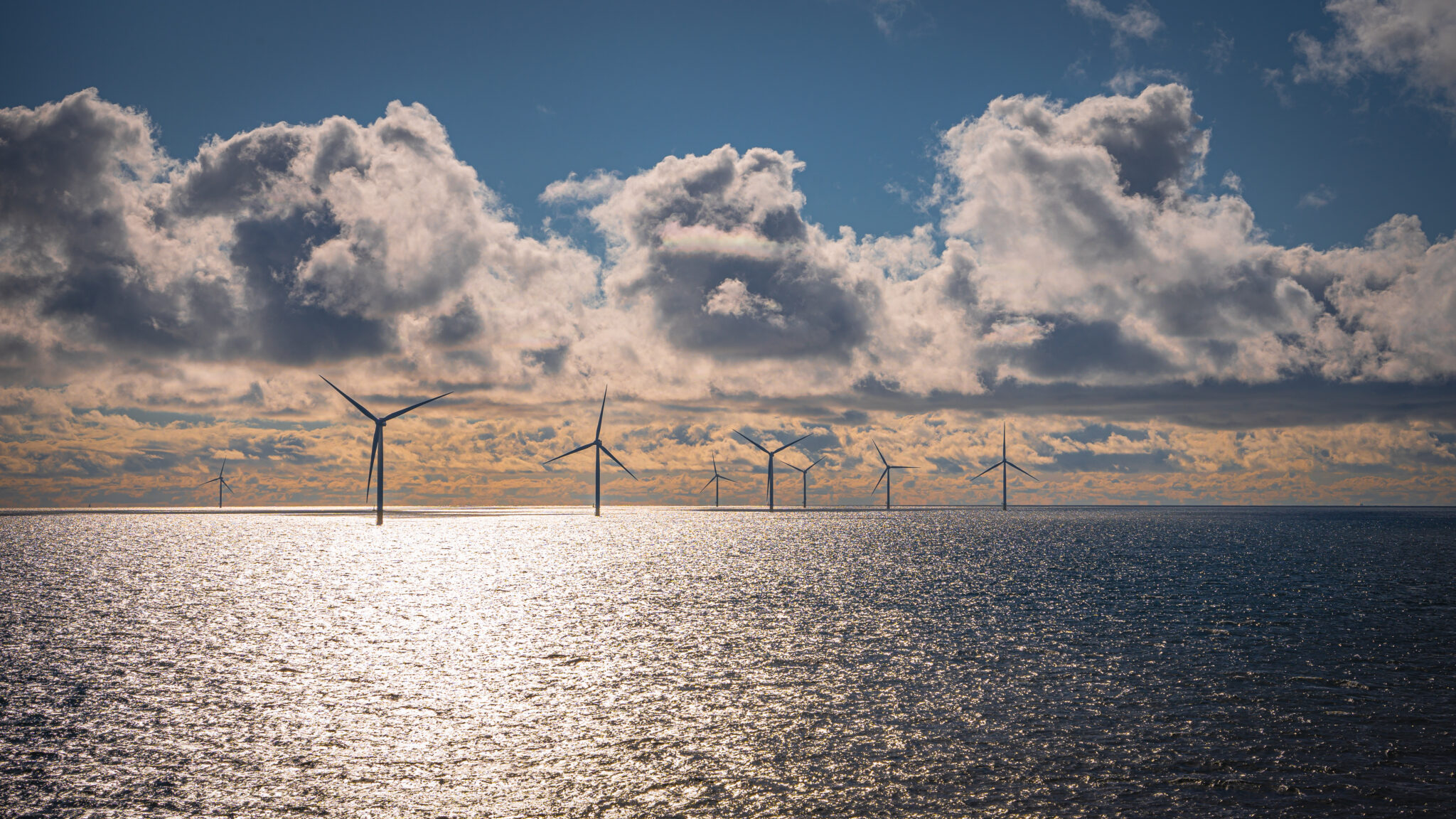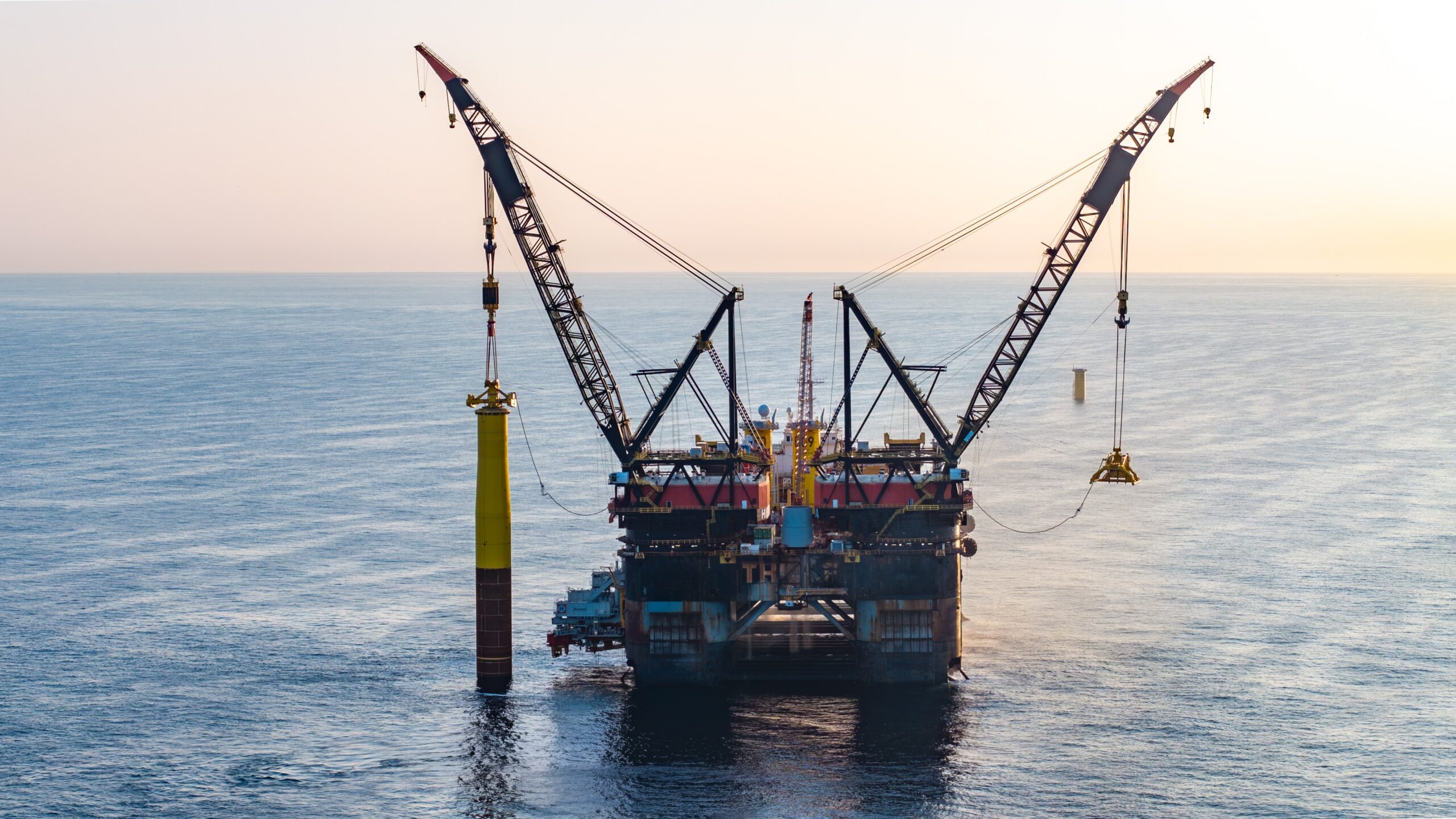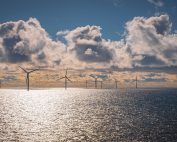The Lithuanian government has thrown its weight behind the further development of offshore wind energy in the Baltic Sea, approving revisions to the tender process for a significant offshore wind farm project. This move, announced following a government meeting in Vilnius, underscores a commitment to ensuring that the burgeoning offshore wind sector delivers maximum benefits to Lithuanian consumers and the state, while also attracting robust investor interest.
The Lithuanian Ministry of Energy has been keen to recalibrate the tender terms after an initial process, launched in November 2024, was suspended in January for review. The overarching aim is to establish a framework where the offshore wind farm not only contributes significantly to Lithuania’s energy mix but also positively impacts electricity prices for Lithuanian households and businesses.
A key amendment to the Lithuanian Law on Renewable Energy focuses on the indexation of the winning transaction price. Under the revised terms, the price will be indexed for a period of eight years from the confirmation of the tender winner, a significant reduction from the 23-year indexation period stipulated in the previous conditions. This adjustment is projected to curtail the need for state support by an estimated €500 million, demonstrating a clear focus on cost efficiency and minimizing the financial burden on Lithuanian taxpayers.
Furthermore, responding to public consultations within Lithuania, the government is proposing that a tender will be deemed successful with the participation of two or more bidders, fostering a competitive environment for the Lithuanian offshore wind project.
The amendments are designed to ensure that the development of offshore wind translates into tangible benefits for Lithuanian energy consumers. The Ministry of Energy estimates that the operational offshore wind farm could potentially reduce the average electricity price for consumers in Lithuania by approximately €3 per megawatt-hour (MWh). This highlights the Lithuanian government’s intention to leverage offshore wind as a tool to moderate energy costs in the long term for its citizens.
Crucially, the revised framework stipulates that any potential financial contribution from Lithuanian consumers towards the offshore wind farm will only materialize once the facility commences electricity generation, anticipated around 2033. Moreover, the government is exploring the possibility of directing the profit tax paid by the project developer to fund essential public services within Lithuania, further aligning the project with broader societal benefits for the nation.
In a move to create a level playing field within the Lithuanian renewable energy sector, the amendments also address electricity transmission priorities. The previous preferential right for offshore wind power transmission over onshore wind and solar plants has been removed. This ensures balanced development conditions across different renewable energy sources within Lithuania.
The proposed amendments will now proceed for further deliberation in the Seimas, the parliament of the Republic of Lithuania, marking the next stage in the country’s ambitious offshore wind energy journey in the Baltic Sea. This strategic push underscores the Lithuanian government’s commitment to harnessing the power of the Baltic Sea in a way that is both economically sound and beneficial for its citizens.
Source: Lithuanian Ministry of Energy
